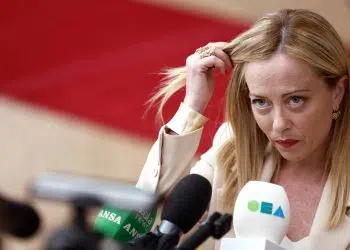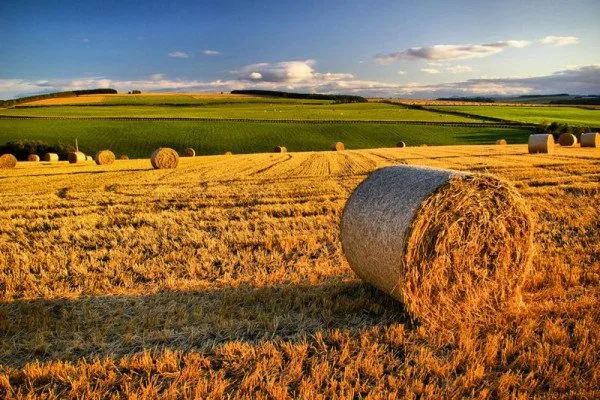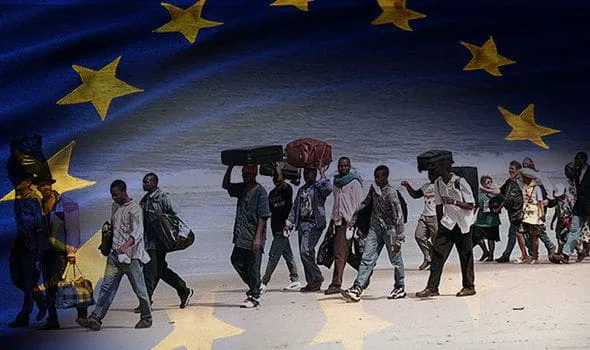Brussels – According to words, farmers have been saved. Provided that words and promises keep calm and under control a sector on the warpath. When you read them, the conclusions of the European Council summit seem to address farmers’ concerns. There are commitments to “ensure fair competition and reciprocity” in the standards of production processes, which is exactly what the sector demanded when it criticized free trade agreements, first and foremost the one with Mercosur (the bloc of countries that includes Argentina, Brazil, Paraguay, Uruguay plus the suspended Venezuela). Then there is the commitment to “continue without delay the work” helpful for “easing the financial pressure on farmers by designing additional support instruments, such as extending the temporary framework of state aid.” This is added to a commitment to explore “all possible measures and innovative solutions in the short and medium term, including those aimed at reducing administrative burdens and achieving simplification for farmers.”
So, the European Union stands by the sector. For mere campaigning reasons, though, because all these assurances, while put on paper, are a program yet to be implemented —and in an uncertain time frame—but useful in gaining votes. The European Commission and the relevant ministers are called upon to reason about all this and then return to take stock of the situation constantly.
There are no true, operational decisions, there are none. There are announcements, such as the one offered by the chairwoman of the EU Commission, Ursula von der Leyen: “I will set up an observatory to monitor agricultural production costs,” she said during the press conference held at the end of the summit. The goal is to avoid speculation along the distribution chain and unfair competition that inflates final consumer prices and deflates revenues for those who produce.
The timing is perfect for those invested with fresh official candidacy for a second term. It’s one more card to play between now and the European elections, only three months away (June 6-9). So the praise, which sounds very much like flattery: “Our farmers work hard to bring quality food to our table,” von der Leyen says and seems to forget that the economy is not just about agriculture, and some other professional groups may turn up their noses at the lack of similar attention and praise. But there is a need to regain an entire sector’s confidence, electorally speaking.
Hence, the promises from which, however, von der Leyen is good at finding a way out. Because, she says, the commission has already suspended obligations for uncultivated land, meaning that this year, European farmers will not have to set aside 4 per cent of their arable land. The commission has promoted administrative simplification and provided for the exemption of fines in case of non-compliance with sustainability, especially for farms up to 10 hectares. Not least, the proposal for tariffs on Russian agricultural products (grains, oilseeds, and derived products) to take away funding from the Russian war machine and because “we don’t want Russian wheat to influence the European market,” as von der Leyen further explains.
In short, “the EU is doing its part; now it is up to the member states to do theirs,” summarizes von der Leyen. Translated: if things don’t work, it will be the national governments’ fault. At the end of the day, the campaign is about everyone, no one excluded. The end-of-term summit (there will be another, special one in April, before the elections), produces the natural outcome of election promises. Whether it serves or suffices to calm the sector is all to be proven.








